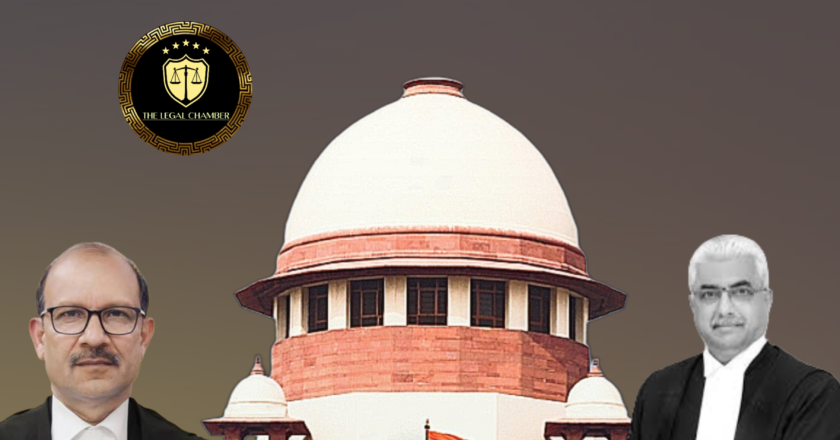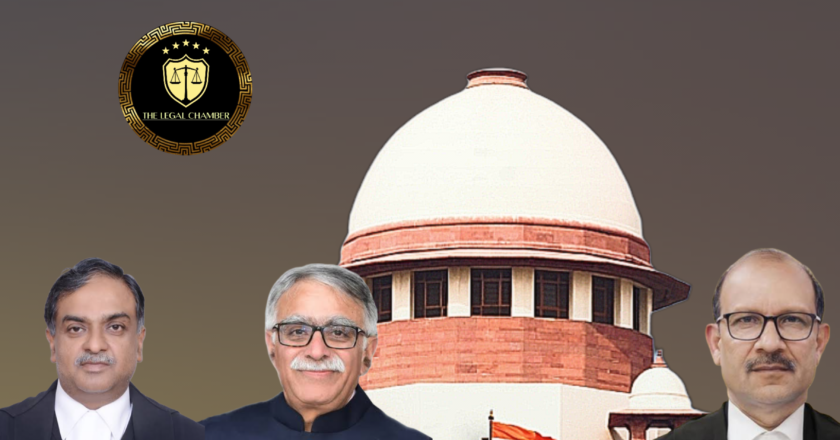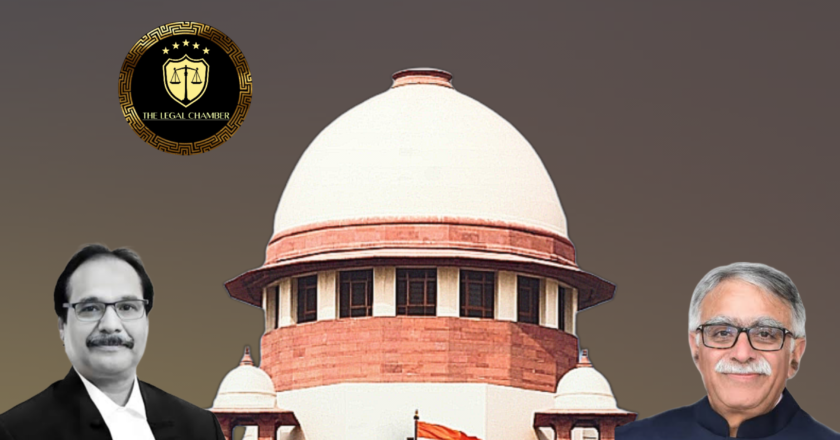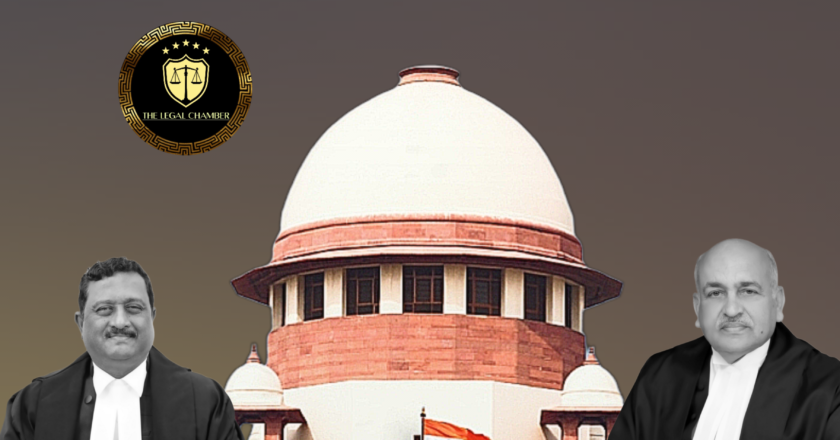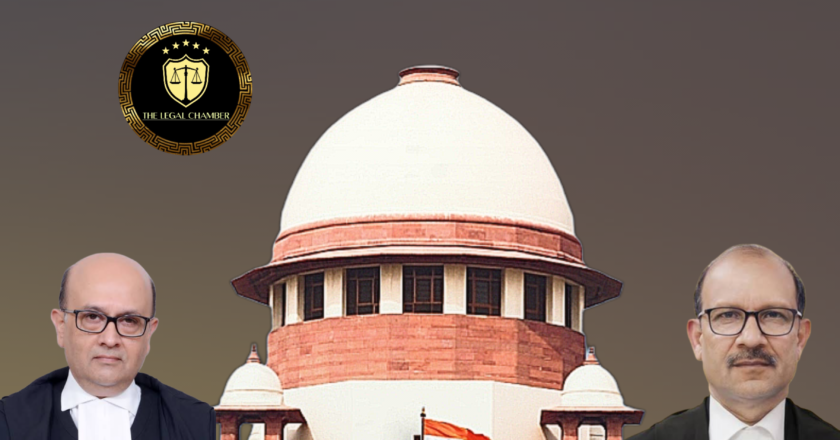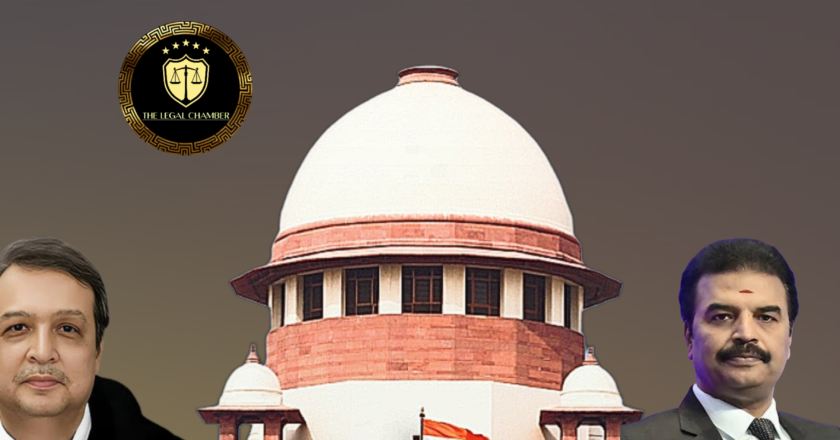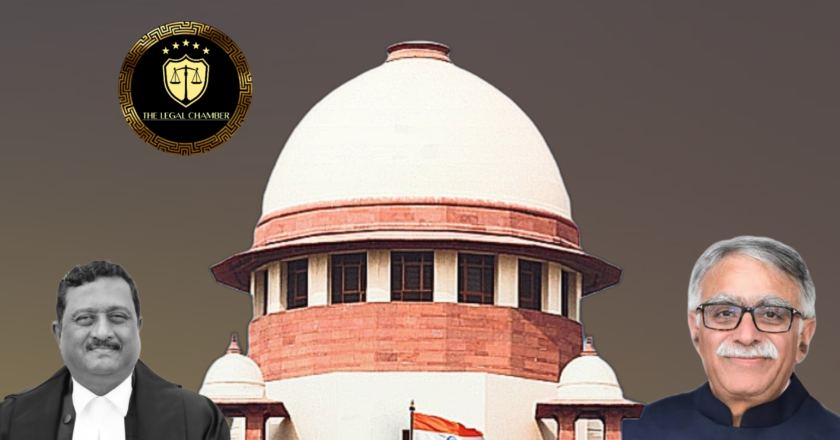Supreme Court Rules :You Can’t Claim Property with Just a Will or Power of Attorney
This Supreme Court judgment reaffirms that an Agreement to Sell, General Power of Attorney, Will, or receipt of payment does not constitute a transfer of title under the Transfer of Property Act, 1882. Only a duly registered sale deed confers ownership. The doctrine of part-performance under Section 53A is inapplicable without the transferee being in possession, and a Will must be proved in strict compliance with the Indian Succession Act and Evidence Act.
Facts Of The Case:
The case involved a dispute over a property in Delhi between two brothers, Suresh Chand (Plaintiff) and Ramesh Chand (Defendant No. 1), after the death of their father, Kundan Lal. Suresh claimed ownership of the property based on a set of documents executed by their father on a single day in 1996, including a Genera...
